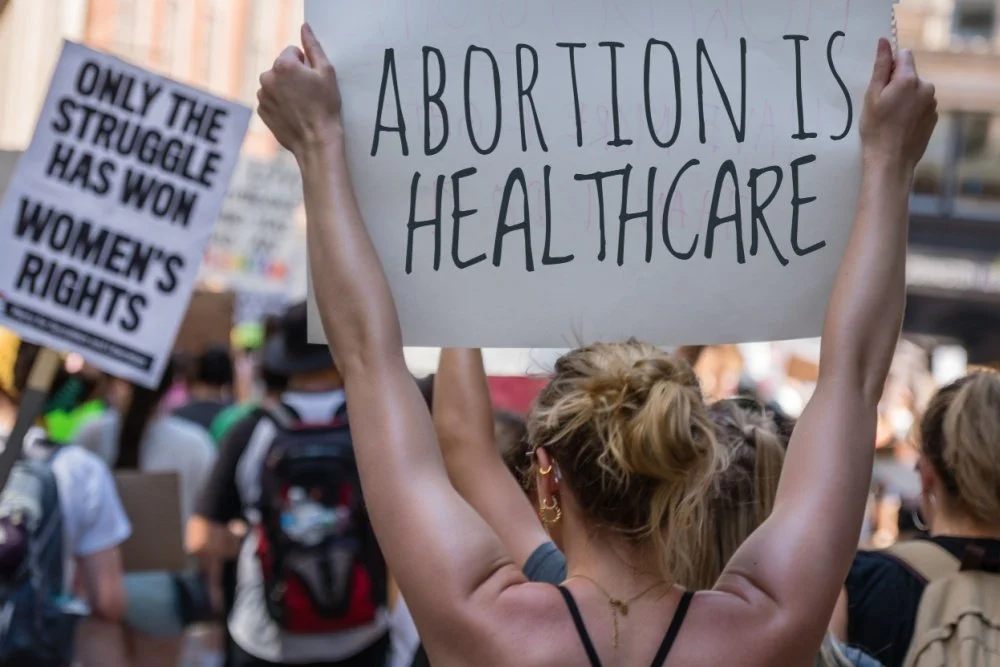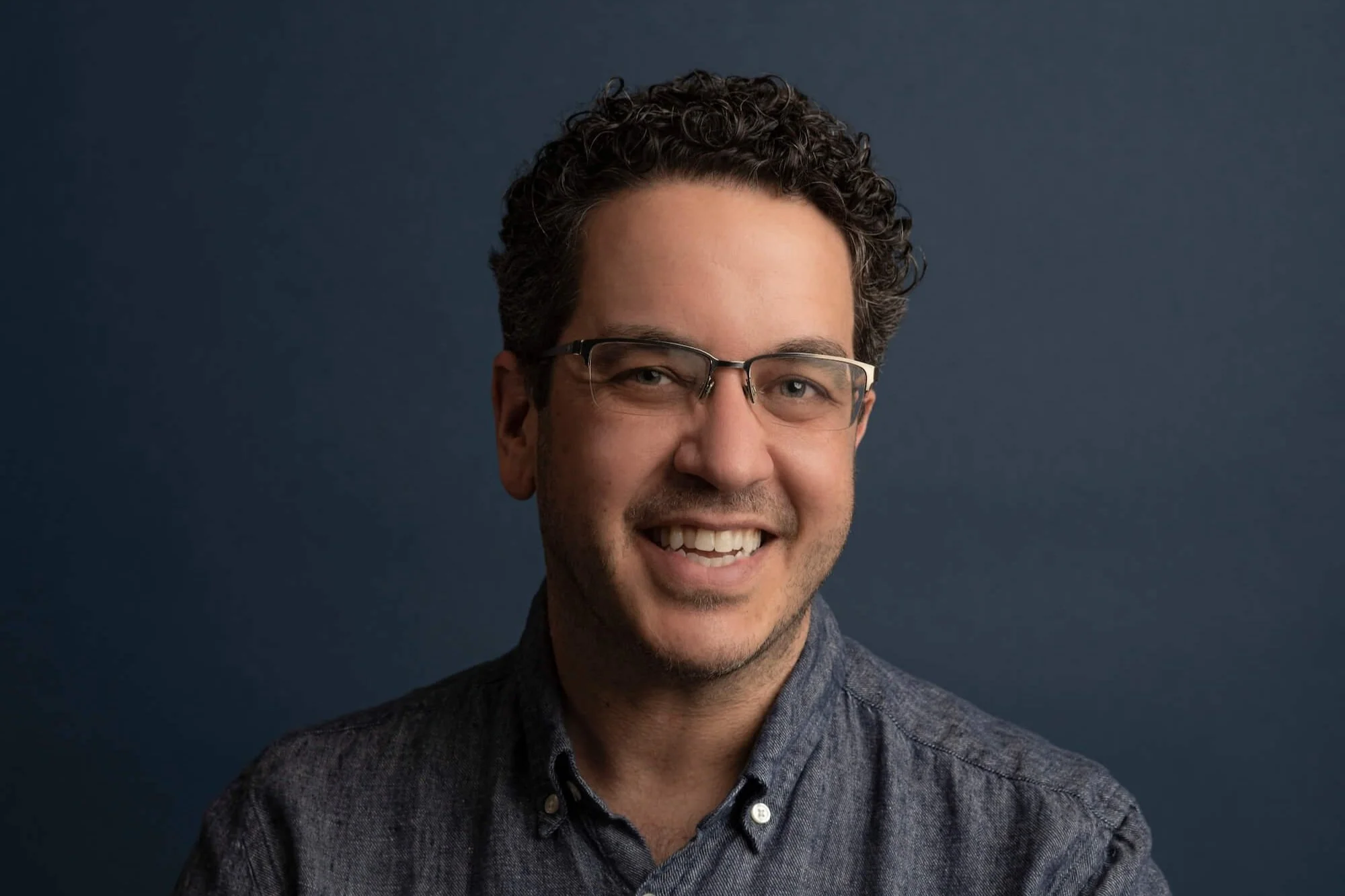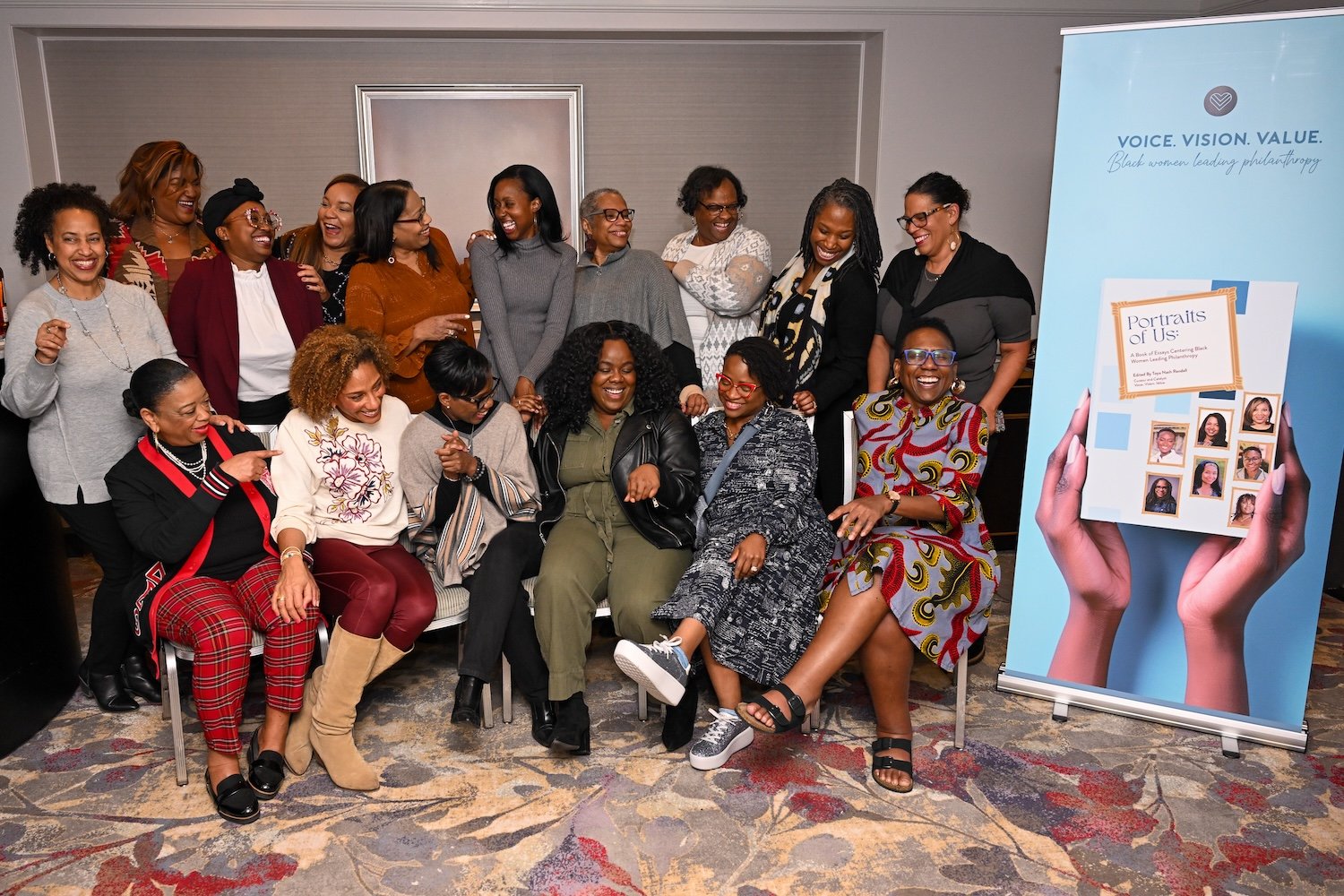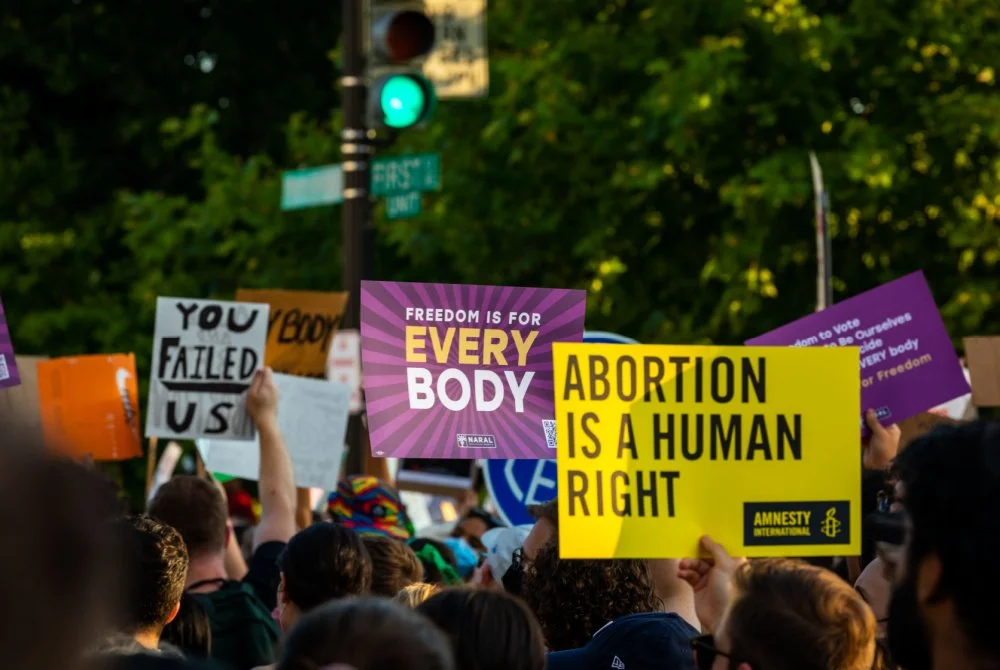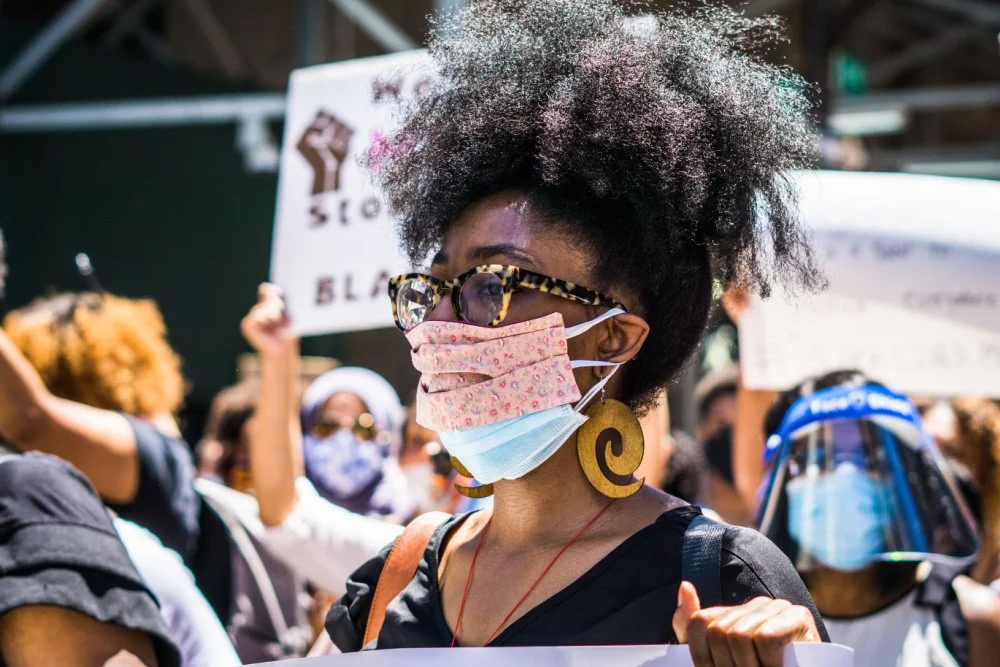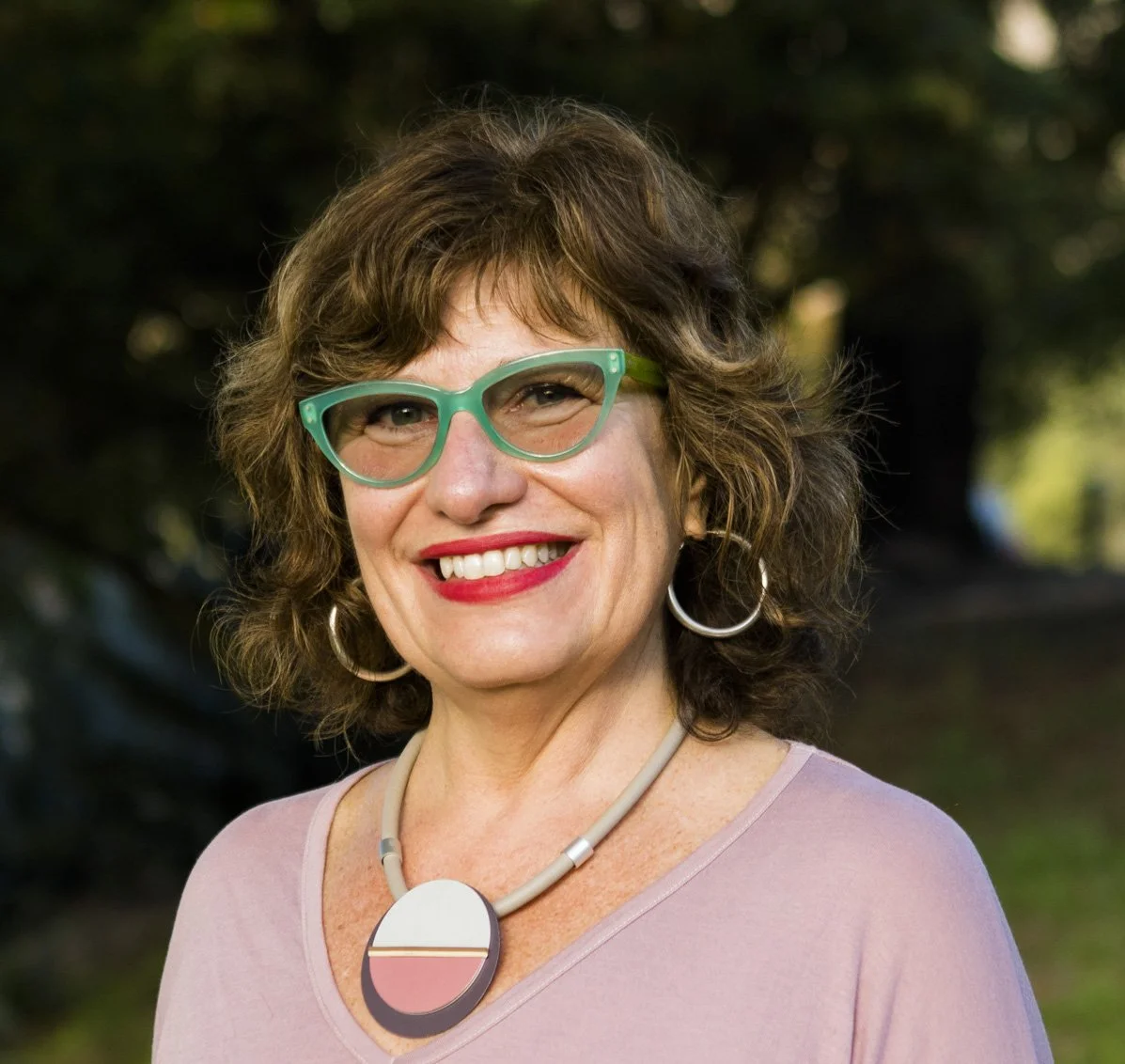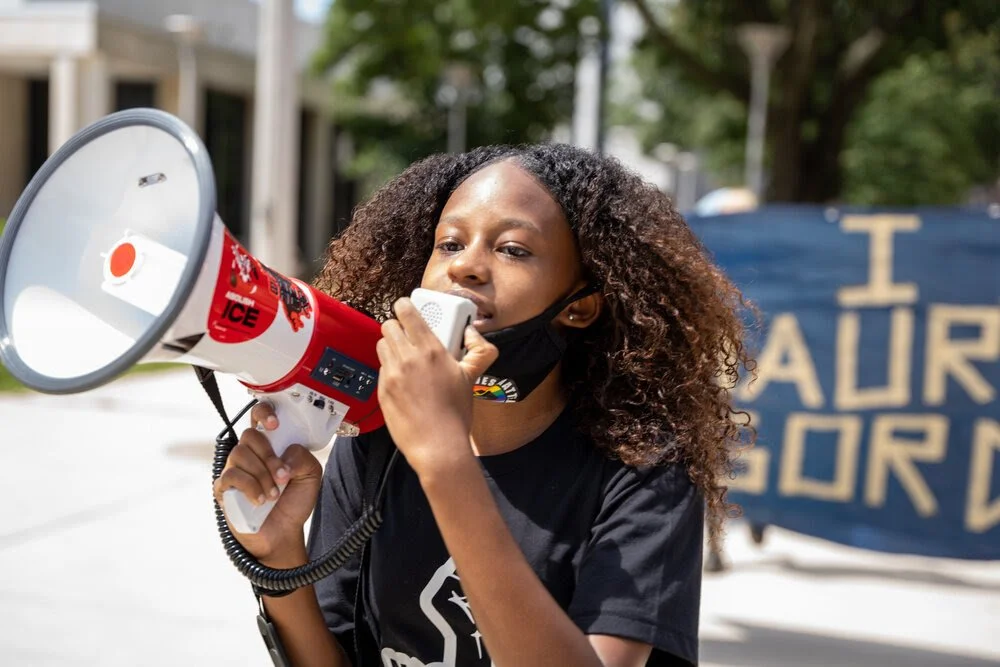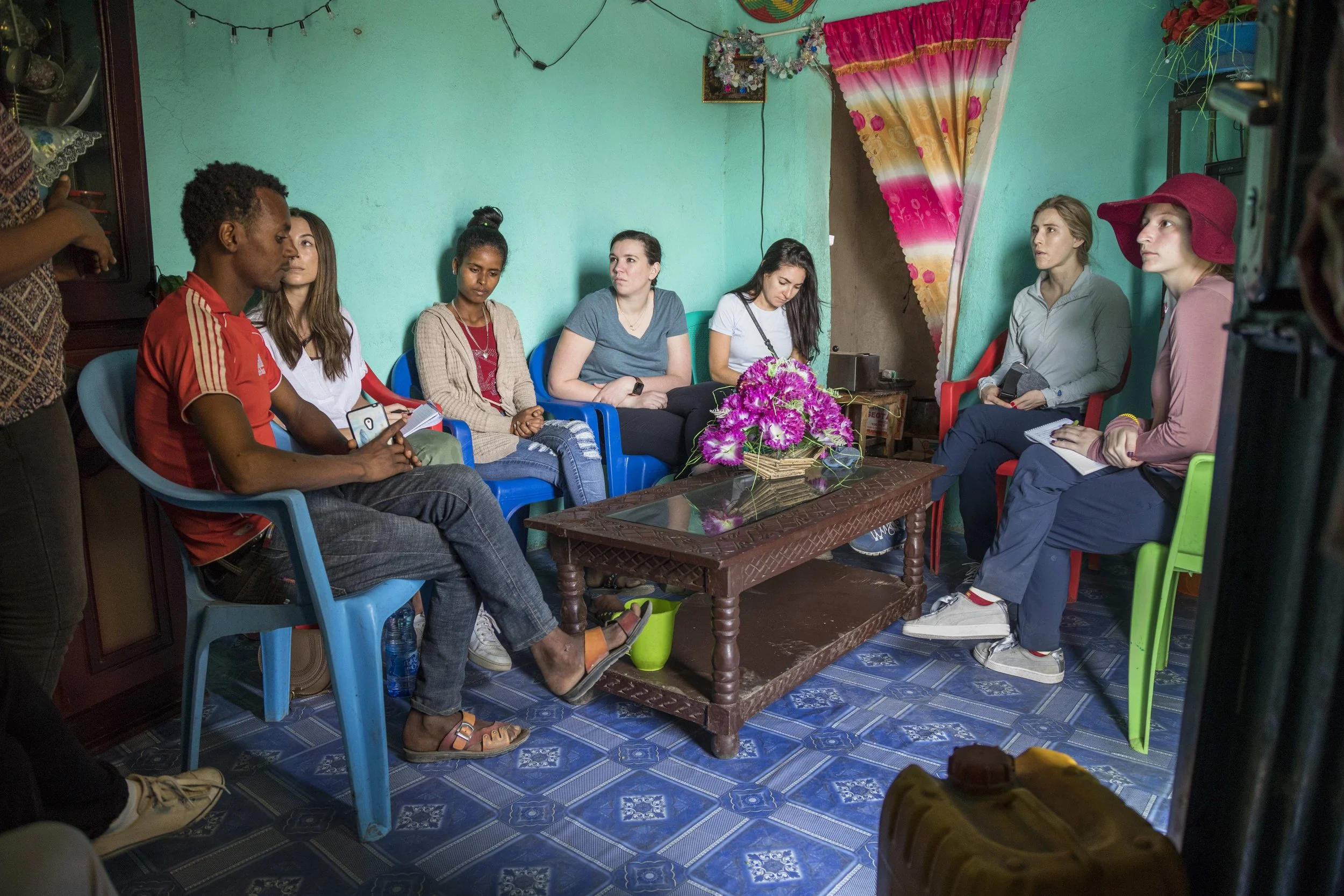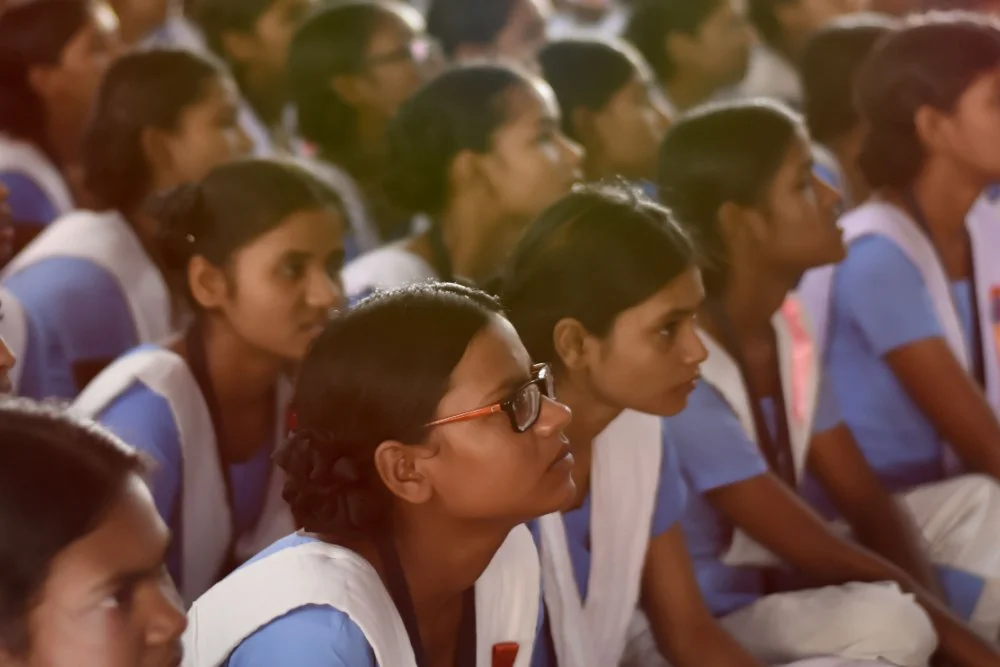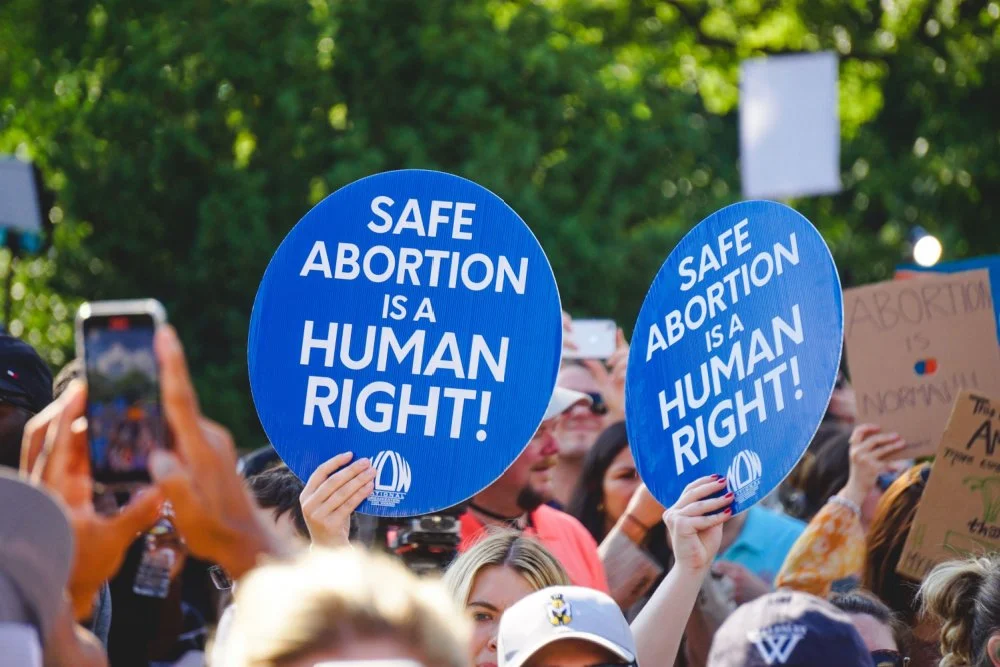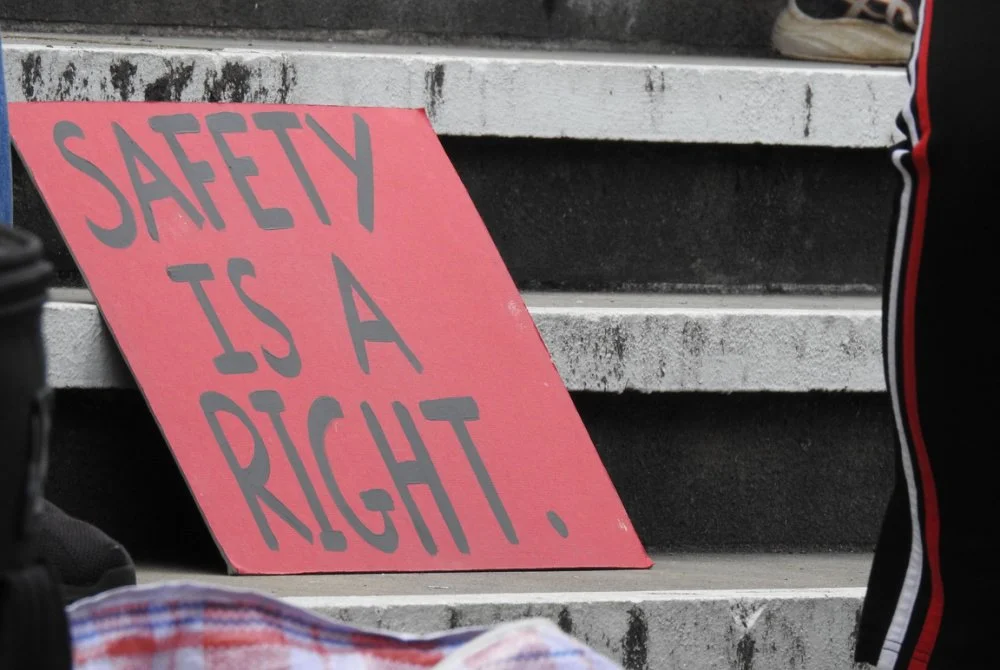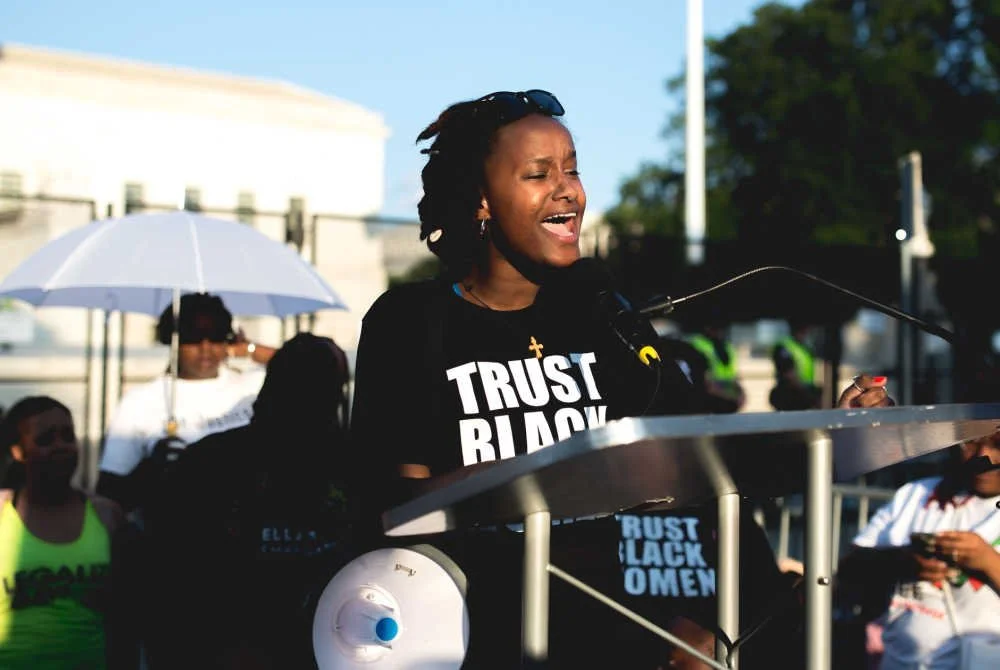A Health Funder Puts Women of Color Front and Center of Latest Work
/photo: Cheryl Casey/shutterstock
The California Wellness Foundation is putting up $13 million over the next five years to better health outcomes for women of color through two distinct initiatives tackling issues that disproportionately affect nonwhite women.
Part of the funding will go toward treatment and prevention of HIV/AIDS and other sexually transmitted infections. The rest will support a reentry and jobs initiative for formerly incarcerated women of color. Neither field is new to attention from philanthropy, but California Wellness is a rarity in focusing on the effects of these plights on women of color in particular.
Criminal justice reform is an area that’s heating up among grantmakers. Google has given out $32 million for work in this space, including $7.5 million it poured into Bay Area organizations late last year. Other major backers of the field include the Ford Foundation, the John D. and Catherine T. MacArthur Foundation, the Laura and John Arnold Foundation, the Open Philanthropy Project, and the Charles Koch Foundation. (See IP's recent coverage of criminal justice funding here.)
As we've often reported, funders have tended to zero in on different parts of a sprawling criminal justice system that's entangled millions of people. Cal Wellness is a case in point. All its work, including in this issue area, has been focused in California. The foundation has been part of a coalition of funders working to improve the state’s juvenile justice system. It is on the leadership team of a grantmakers group that's led the work called California Funders for Boys and Men of Color.
Now, it's putting money into another important niche. Despite the growing number of funders working on criminal justice issues, few focus on formerly incarcerated women or women of color specifically. But women are the fastest growing sector of the population behind bars, which includes jail, according to organizations that track those numbers. Women of color are overrepresented at every level of the prison system—federal, state and local.
Of particular alarm to a foundation that devotes itself to California is the fact that the state is home to the largest population of incarcerated women. When women get out of prison, they face barriers to get back on firm financial footing, which compounds the challenge.
With this initiative, Cal Wellness is focused on empowering women after they’ve left the prison system. The aim is to better health outcomes by strengthening the financial health of formerly incarcerated women through employment and building assets.
To achieve this, grants are going to A New Way of Life, Justice Now, Time for Change Foundation, and the Praxis Project. The foundation also funded proof-of-concept projects by Root & Rebound in Fresno County, A New Way of Life in Los Angeles County, and the Time for Change Foundation in San Bernardino County, along with the Center for Employment Opportunities.
A Growing Awareness
That brings us to the second piece of Cal Wellness’ $13 million project—HIV/AIDS and STI prevention and treatment. Though there are many funders working on HIV/AIDS treatment, for the most part, international work overshadows work done domestically.
Lately, though, there's been more activity by funders focused on HIV/AIDS needs here at home. The Elton John and Elizabeth Taylor AIDS foundations are at the forefront of this work. Both fund initiatives aimed at LGBTQ populations in the South. That’s in line with much of the HIV/AIDS work funded domestically, which tends to focus on the LGBTQ community, which makes sense given the history and demographic of the disease. Attention is starting to shift to women of color as it becomes more apparent that they are also disproportionately affected by the virus.
Of the women with HIV/AIDS at the end of 2015, 59 percent were black, 19 percent were latina and 17 percent were white, according to the U.S. Centers for Disease Control and Prevention. Of the women diagnosed with the virus in 2016, 77 percent were women of color. African American women accounted for 61 percent of new diagnoses, the CDC said.
Last year, the pharmaceutical company ViiV Healthcare launched a $1 million initiative aimed at dismantling the stigma and isolation of a positive diagnosis for women of color. The program, Positive Action for Women, focuses on women in the South, where HIV/AIDS is becoming more common. ViiV is no stranger to funding the fight against the disease. The company previously donated to campaigns in the U.S. and abroad, including a $10 million investment in curbing the spread of the virus among black men.
In a study ViiV commissioned, researchers found that taboos and stigma played a big role in whether or not women of color in the south contracted HIV/AIDS, and whether those that did sought and kept up with treatment. As a result, ViiV’s initiative focused on building acceptance and a sense of community and belonging.
Cal Wellness has singled out other targets with its grantmaking. It believes the discrepancy experienced by women of color is tied to social and economic conditions that make protecting sexual health difficult, like poverty, ongoing trauma and unemployment. The foundation is working to change perception, but the focus of its public awareness campaign is to reach direct service providers, advocacy organizations, individual and institutional donors, and public policymakers. The aim is to prompt more public funding and better policies as they relate to women of color.
The funder is also backing a few proof-of-concept projects out of Los Angeles and the Bay Area. Gail Wyatt, director the Center for Culture, Trauma, and Mental Health Disparities at UCLA's Semel Institute, is heading up the project in L.A., while Women Organized to Respond to Life-Threatening Diseases will partner with the East Bay Community Foundation in the Bay Area.
It's worth keeping an eye on this funder in the future. Criminal justice reform and the fight against HIV/AIDS are not off the beaten path for philanthropy, but some groups affected by these issues still don't get the attention they deserve. The California Wellness Foundation has made clear that it doesn't intend to leave women of color behind.
Related:


